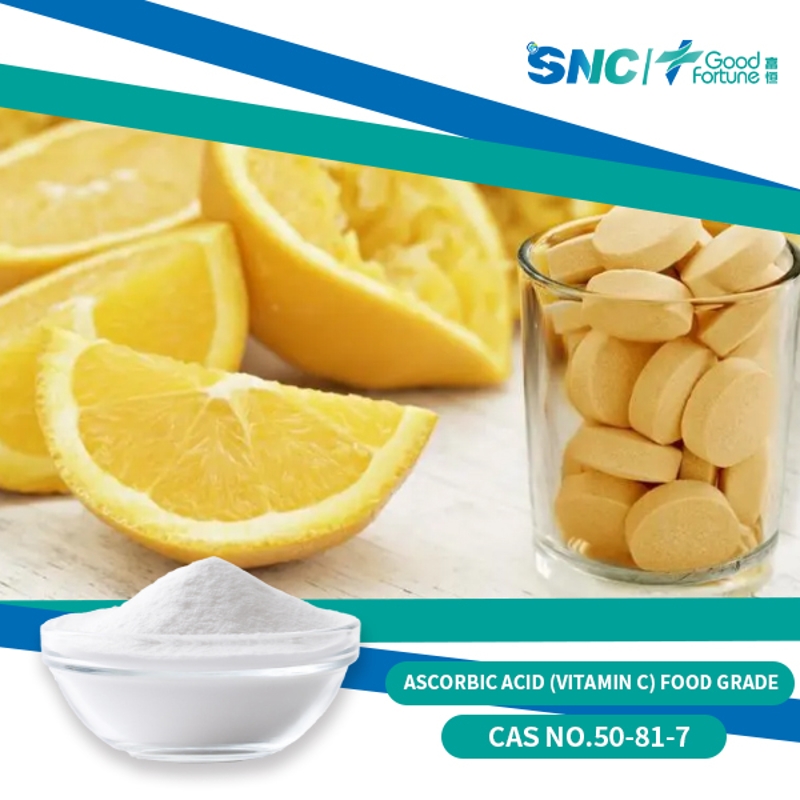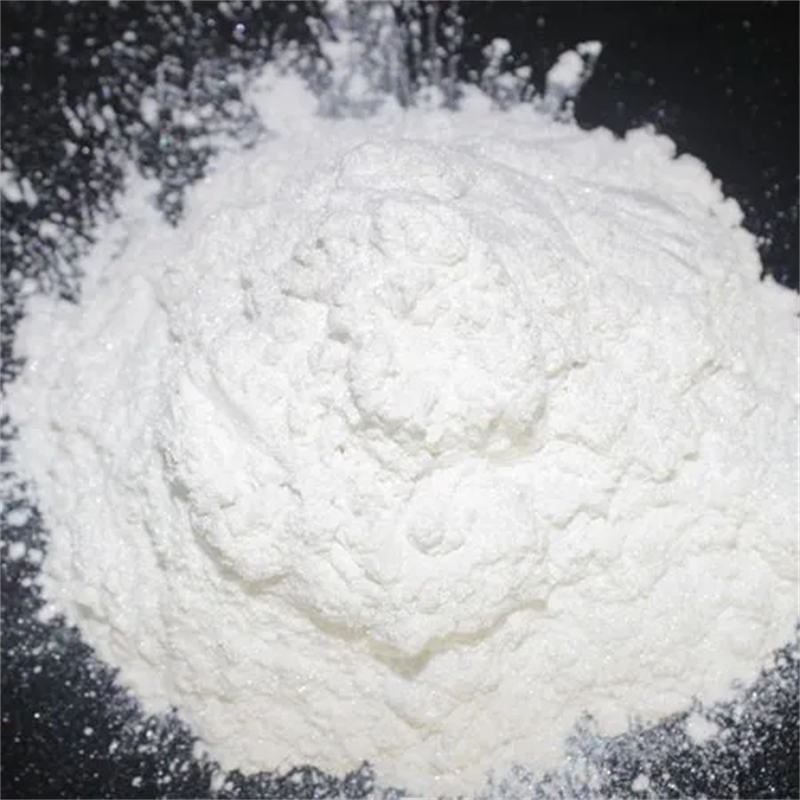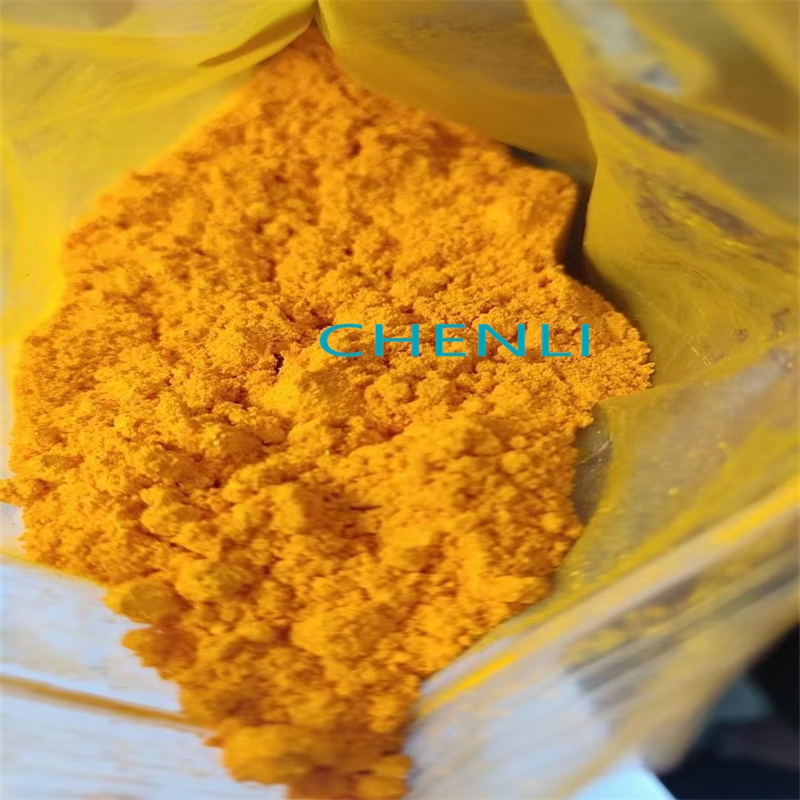-
Categories
-
Pharmaceutical Intermediates
-
Active Pharmaceutical Ingredients
-
Food Additives
- Industrial Coatings
- Agrochemicals
- Dyes and Pigments
- Surfactant
- Flavors and Fragrances
- Chemical Reagents
- Catalyst and Auxiliary
- Natural Products
- Inorganic Chemistry
-
Organic Chemistry
-
Biochemical Engineering
- Analytical Chemistry
-
Cosmetic Ingredient
- Water Treatment Chemical
-
Pharmaceutical Intermediates
Promotion
ECHEMI Mall
Wholesale
Weekly Price
Exhibition
News
-
Trade Service
The safety of alfacalcidol, a synthetic form of vitamin D, is an important consideration in the chemical industry.
Vitamin D is essential for the proper functioning of the body, and alfacalcidol is widely used as a dietary supplement and in the treatment of vitamin D deficiency.
However, like all chemicals, alfacalcidol can present risks to human health and the environment if not properly handled and managed.
One of the main safety concerns with alfacalcidol is that it can cause high levels of calcium in the blood, which can lead to a condition called hypercalcemia.
Hypercalcemia can lead to a range of symptoms, including abdominal pain, nausea, vomiting, and kidney stones.
Severe cases can also result in more serious health problems, such as bone pain, osteoporosis, and even heart problems.
To mitigate this risk, alfacalcidol is typically prescribed for short-term use, and patients are closely monitored to ensure that their calcium levels remain within safe limits.
In addition, the manufacturing process for alfacalcidol is carefully regulated to ensure that the product is safe and effective.
Another safety concern with alfacalcidol is its potential to interact with other medications.
Like all drugs, alfacalcidol can interfere with the action of other medications, leading to potentially dangerous side effects.
Patients taking alfacalcidol should therefore inform their doctor of any other medications they are taking to ensure that there are no interactions.
The manufacturing process for alfacalcidol also involves the use of hazardous chemicals, such as hydrochloric acid and sulfuric acid.
These chemicals must be handled carefully to avoid accidents and spills, which could have serious consequences for workers and the environment.
To minimize these risks, chemical plants that manufacture alfacalcidol must adhere to strict safety guidelines and regulations.
In addition, the disposal of alfacalcidol and other chemicals used in the manufacturing process can have environmental impacts.
Chemical plants must therefore follow proper disposal procedures to ensure that toxic chemicals do not enter the water supply or harm local ecosystems.
Overall, the safety of alfacalcidol is an important consideration in the chemical industry.
By carefully managing the risks associated with this chemical, manufacturers can ensure that it is safe for use as a dietary supplement and in the treatment of vitamin D deficiency.
However, it is important for patients to follow proper dosage instructions and inform their doctor of any other medications they are taking to minimize the potential for side effects and drug interactions.
Similarly, chemical plants must adhere to strict safety guidelines and regulations to minimize the risks associated with the manufacturing and disposal of alfacalcidol.







